In Kinze News
, Seed Meter
Seed Meter Drives – Then and Now
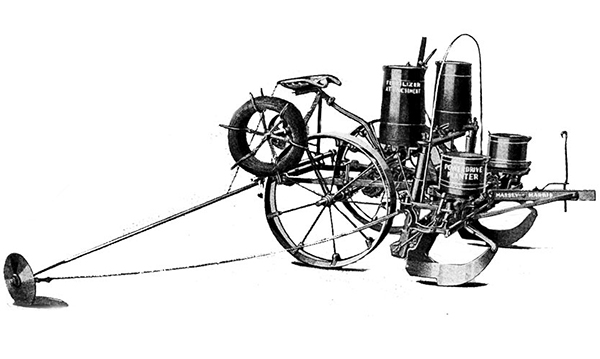
When you consider that today’s corn planters can routinely plant 500 acres a day, it’s hard to imagine that only 200 years ago a farmer did really well to plant only ONE acre of corn in a long day. Typically this was accomplished by one person walking along and making holes with a hoe, or “dibble stick,” followed by another farmer who dropped two, three, or four seeds in the hole before covering it and tamping with soil. Given the labor intensive nature of planting, farmers quickly developed ways to mechanize the process and make it more efficient. Whereas the planting of corn using “dibble sticks” was practiced for centuries, the invention of hand-actuated planters, horse-drawn drill-planters, and check-row planters all took place in a span of only 60 years once the Industrial Revolution...
Farming Practices in Europe
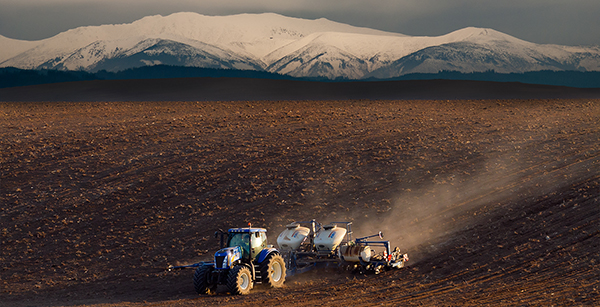
Farming is a global industry with significant activity on every continent other than Antarctica. As we have traveled the world and met farmers in many different countries, we have learned that there are many similarities in how we all go about producing crops to contribute to feeding our growing populations. Kinze has sold planters all over the world since the early 1980’s, with the majority of international planter sales in Eastern Europe and Russia. Despite many commonalities, there are noticeable differences to how we farm here in the US. In Europe and Russia, for example, there are variances in: Row crop spacingFertilizer (dry fertilizer is most commonly used)Primary crop types (sunflowers and rapeseed/canola are the main oilseed crops)Russia plants more...
In Kinze News
Merry Christmas Everyone!
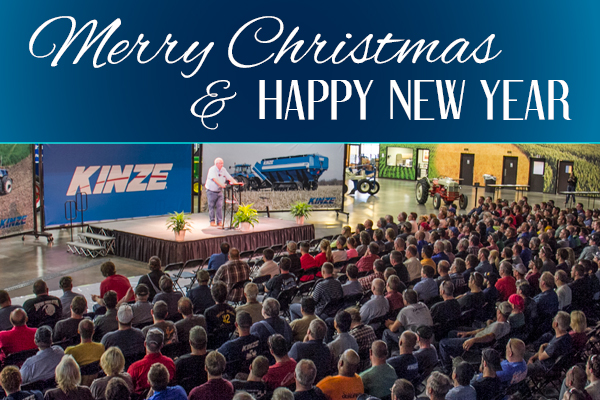
2016 was another challenging year in agriculture, but it is not the challenges that define you; it is how you face them. Not one word can simply define Kinze employees, dealers and partners this year; it takes five: integrity, customer focus, excellence, innovation and mutual respect. Below are some examples of the Kinze Core Values as demonstrated by our employees and dealers. Integrity: Giving a first shift opportunity to a single mom with less seniority Customer Focus: Driving eight hours one way on a Saturday to deliver parts to a farmer Excellence: Perfecting the design for successful prototype production and testing Innovation: Introducing single auger grain carts that set a different standard for grain handling performance Mutual Respect: Accepting roles outside of their normal responsibilities...
Upgrading Your Current Kinze Planter
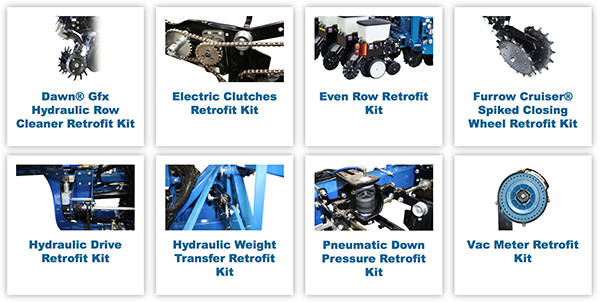
Update existing Kinze planters with the latest technologies to boost yields and extend the useful life of your planter. Retrofit kits to improve seed depth control and spacing, enable variable rate planting, reduce seed waste, and improve planting performance are available. Improve Seed Spacing Precision Upgrade to superior singulation and precise placement by replacing existing mechanical or EdgeVac meters with the Kinze vac meter. This vac meter has a consistent seed drop position resulting in precise seed placement and 99+% accuracy - even at planting speeds up to 8 mph*. MORE INFO Eliminate Over Planting Eliminate over-planting at end rows, point rows and in irregularly shaped fields to reduce seed costs and maximize yield potential. Adding Kinze electric clutches eliminates planting...
In Kinze News
Thanksgiving: Brought to You by Farmers
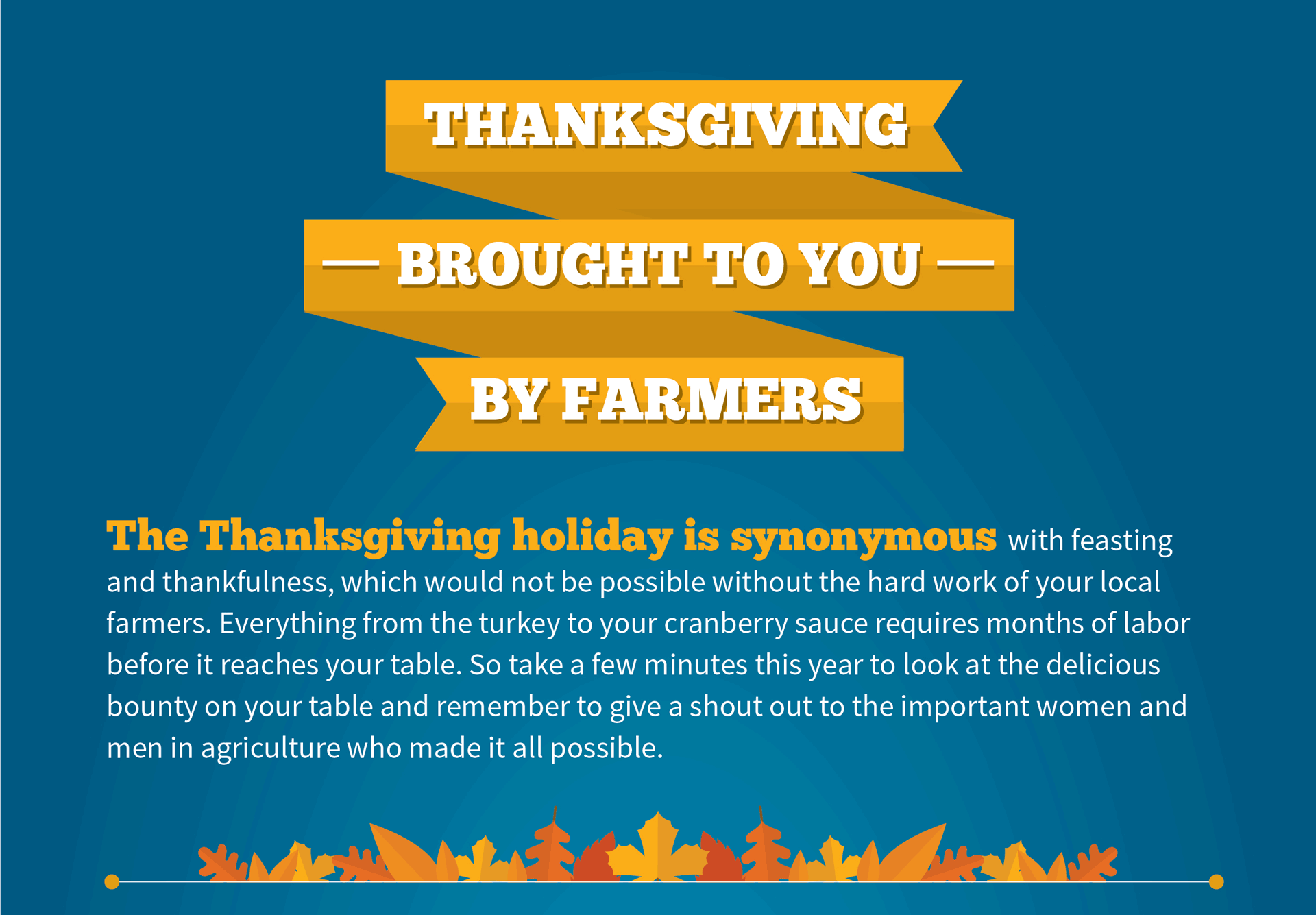
As you enjoy time with your family this weekend, remember your holiday table represents more than just food and football. It represents generosity, gratitude, unity, tradition and above all — hard work. Every dish was prepared with care, but only after weeks (or months) of labor and sacrifice by farmers around the world. This year we're encouraging you to say thank you to the farmers that work so hard everyday to feed the world.
In Kinze News
Measuring Seed Spacing Accuracy
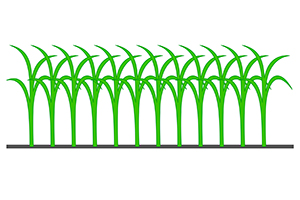
Accuracy Then and Now Twenty-five years ago, when farmers went to the field to plant, the planting monitor on the tractor was typically equipped with simple indicator lights showing seeds were actually getting to the ground. If a seed tube became plugged, the monitor alarm would sound, and the problem could be resolved. However, this “data” only monitored activity and did not actually measure anything — seed populations were still a function of using the correct combination of gears on the ground drive system, and digging in the dirt to confirm. In the late 1990s, significant improvements were made to seed tube sensors and monitors, and the actual number of seeds planted could be counted. For the first time, real-time...
In News & PR
Jon Kinzenbaw Receives Distinguished Service Award
Kinze Manufacturing Founder and President, Jon Kinzenbaw, has been honored with the George Washington Carver Distinguished Service award from Iowa State University. The award honors outstanding achievements in agricultural, environmental, food, social and life sciences. Jon Kinzenbaw opened up a welding shop in 1965 that has grown into one of the largest agricultural equipment manufacturers in North America. Read more in Minnesota Farm Guide, AgriMarketing, No-Till Farmer, Wallace's Farmer and Iowa Farmer Today.
In Grain Carts
, Kinze News
Kinze Single Auger Grain Carts Are Working Hard!
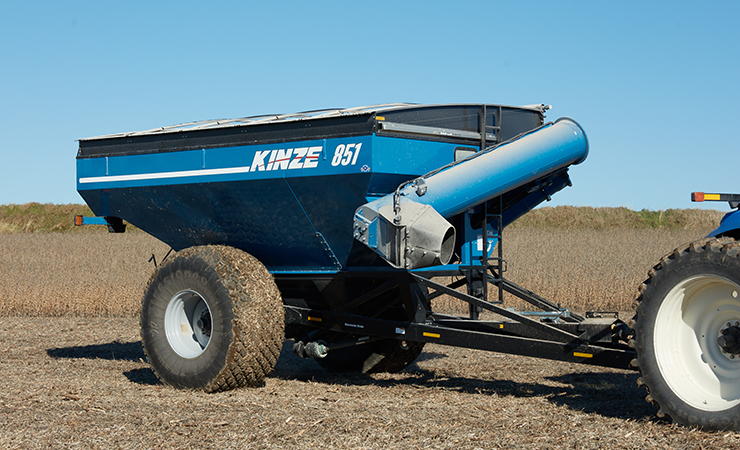
The new Kinze single auger grain carts were introduced at the Farm Progress Show in August and were very well received. While they will not be available until 2017, a few lucky farmers have been able to use them on their farms this fall. Enjoy this video of the new 851 and 1051 single auger grain carts hard at work on farms like yours. For more information on Kinze's brand new line of single auger grain carts, contact your local Kinze dealer or visit kinze.com/single-auger-grain-carts.
In Kinze News
Update on Ohio Farmer’s Multi-hybrid Harvest
Checking in on Jim Case's Multi-Hybrid Ohio Harvest from a cover story in Precision Ag Special Reports that ran back in February. Read more at Precision Ag.com
In News & PR
Kinze Introduces First-ever Single Auger Grain Carts
Starting in November, the company will offer two single auger grain carts that can handle 850 and 1,050 bushels. Both were designed to increase field and harvest efficiency. Read more at Successful Farming
